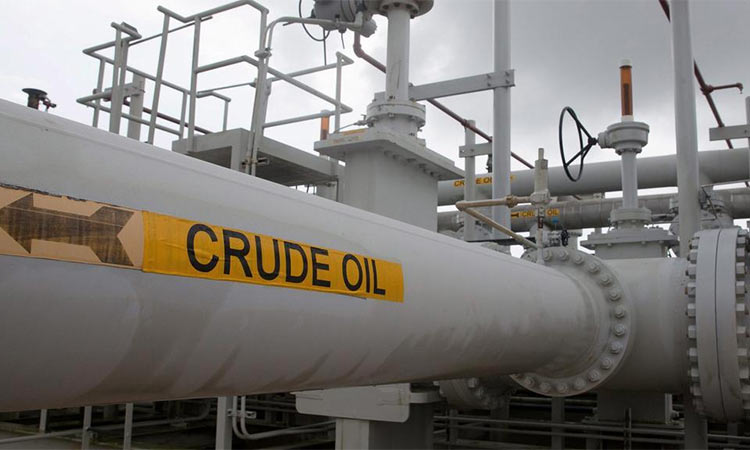Oil prices surged more than one per cent on Thursday, nearly reversing from the previous day’s losses, as escalating tensions in the Middle East and uncertainty about the upcoming US elections overshadowed mixed US fuel inventory data.
Brent crude futures rose 95 cents, or 1.27 per cent, to $75.91 a barrel, while US West Texas Intermediate crude futures climbed $1, or 1.41 per cent, to $71.77.
The ongoing exchange of heavy fire between Israel and Hezbollah in the Middle East raised concerns about potential supply disruptions, boosting oil prices.
Oil prices have gained nearly four per cent this week, partially offsetting the previous week’s losses of over seven per cent due to worries about Chinese demand and easing concerns over disruptions caused by the Middle East conflict.
Analysts attributed the volatile oil market to a combination of technical reactions to uncertainty and the search for supporting catalysts in a sentiment-dampened environment.
Israel conducted airstrikes on the Syrian capital Damascus early on Thursday, as reported by Syrian state media. Prior to this, Israel also carried out strikes on Beirut’s southern suburbs on Wednesday.
The escalating violence comes as the US makes a final effort to broker peace between Israel and Iran-backed groups like Hezbollah and Hamas before the Nov. 5 presidential election, which could impact US policy in the Middle East.
Analysts noted that the current volatility, driven by both election uncertainty and the Federal Reserve’s upcoming policy decision, was creating wider fluctuations in the oil market, despite ample supplies.
US crude inventories increased by 5.5 million barrels last week, exceeding analysts’ expectations of a 270,000-barrel rise. Despite the stockpile growth, implied demand increased, as noted by ANZ analysts.
JP Morgan analysts also reported strong demand for distillates, driven by robust travel demand in Asia and consistent drawdowns in distillate stocks in major markets.
Attribution: Reuters
Subediting: Y.Yasser


